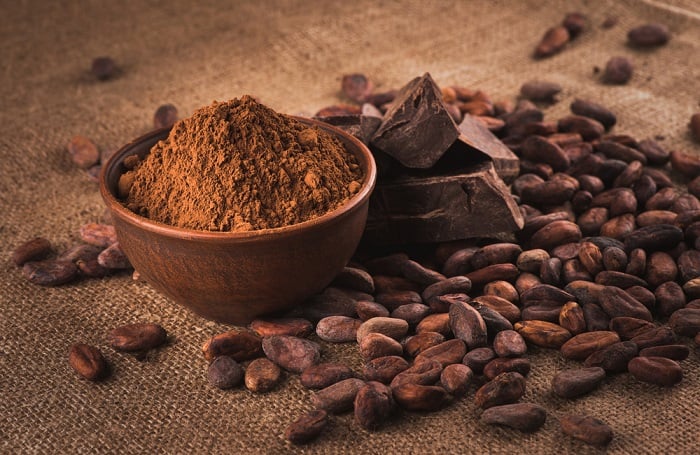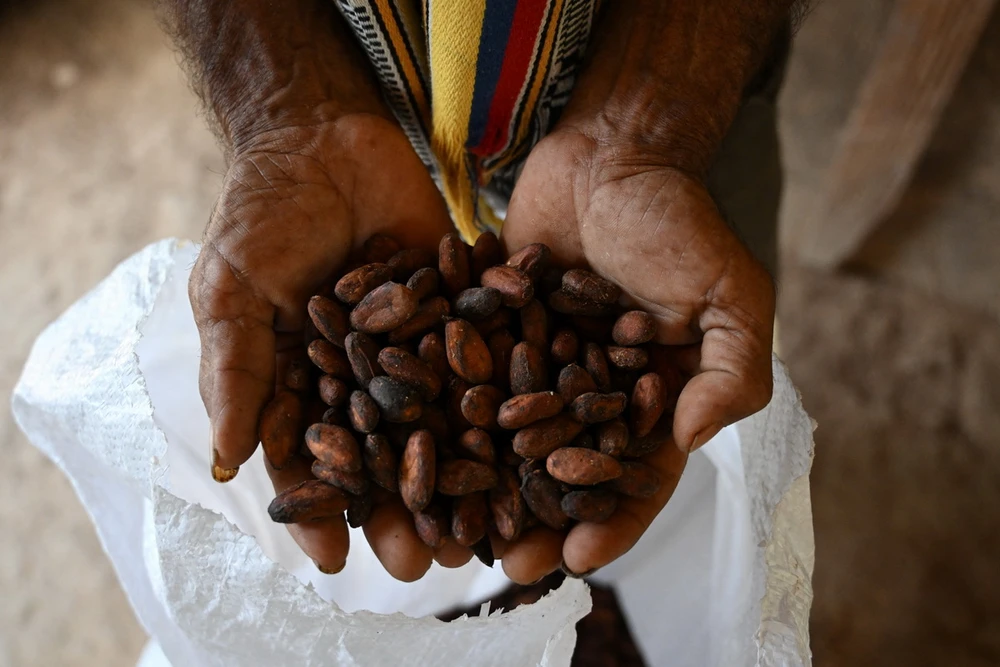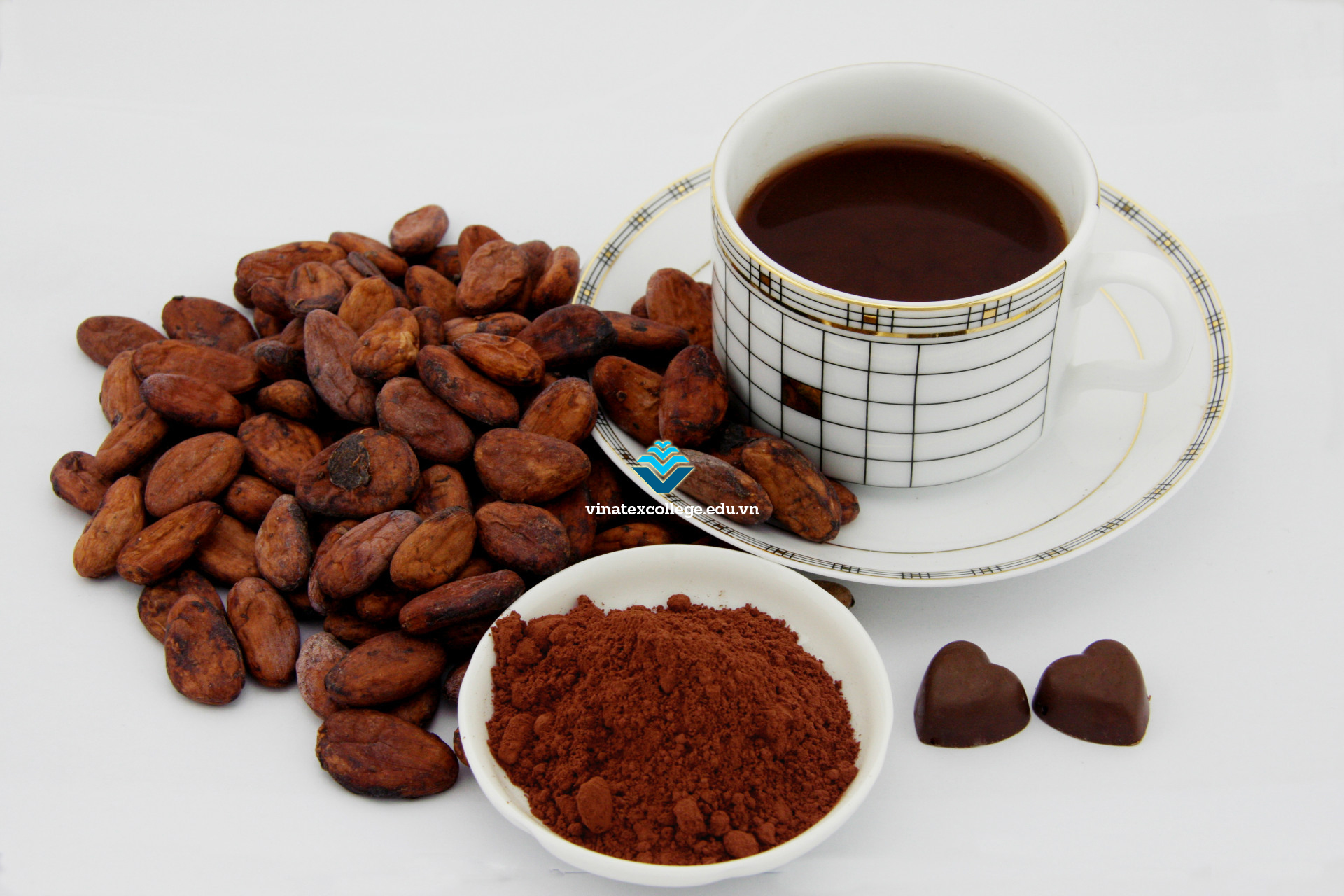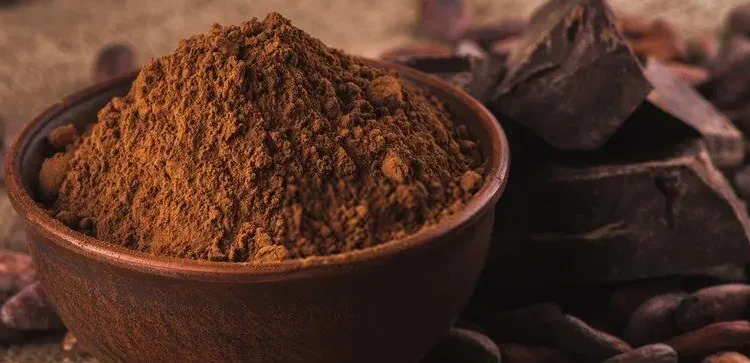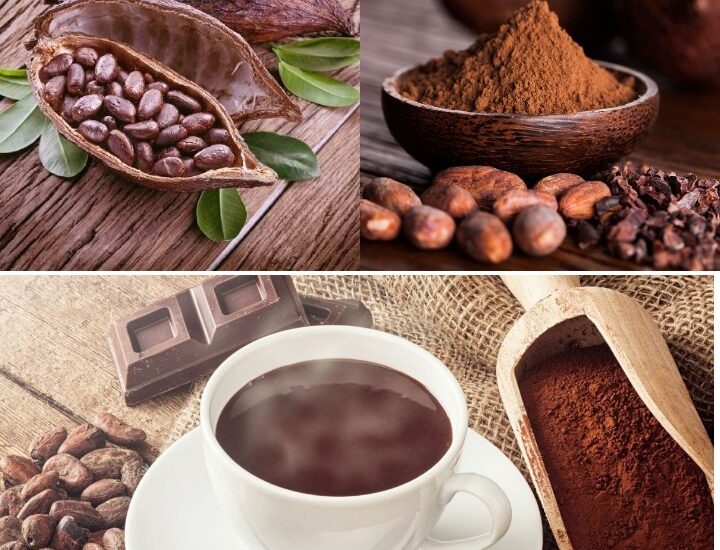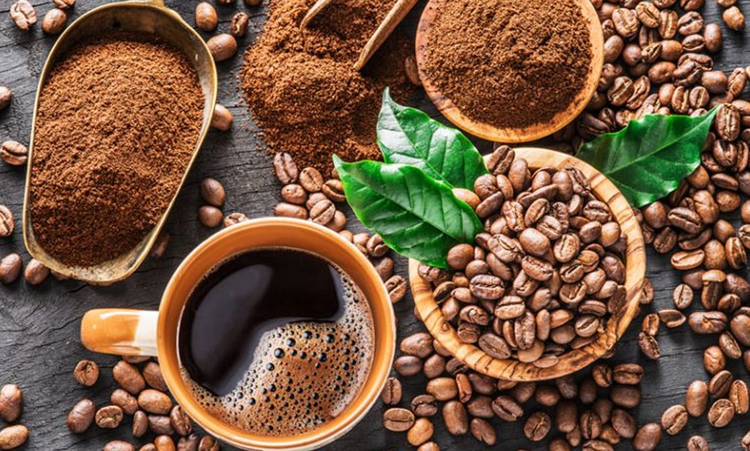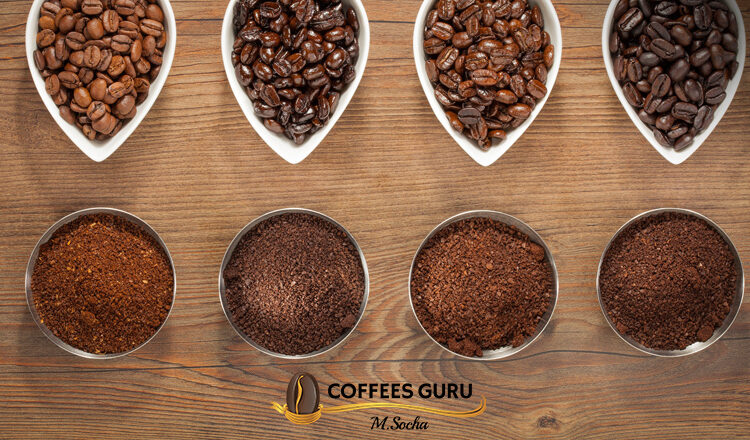The Sweet Truth: Is Cacao Really Good for Your Health?
Introduction: Unveiling the Nutritional Powerhouse of Cacao
Cacao, the raw, unprocessed form of chocolate derived from the Theobroma cacao tree, has been revered for centuries for its rich flavor and potential health benefits. Unlike its more processed counterpart, cocoa powder and chocolate bars often laden with sugar and unhealthy fats, pure cacao retains a wealth of nutrients and powerful plant compounds. From ancient Mayan rituals to modern-day superfood trends, cacao has captured our attention. But is this natural treasure truly beneficial for our health? This article delves into the science behind cacao, exploring its impressive nutritional profile and the numerous ways it can positively impact our well-being.
1. Nutritional Powerhouse: What Makes Cacao So Good?
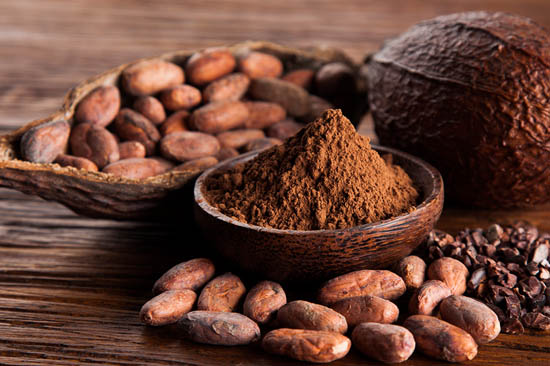
Cacao boasts an exceptional nutritional profile, packed with a variety of vitamins, minerals, and potent antioxidants that contribute to its health-promoting properties. Understanding these components is key to appreciating the true value of cacao.
-
Rich in Antioxidants: Fighting Free Radicals and Inflammation: Cacao is an extraordinary source of antioxidants, particularly flavonoids such as epicatechin, catechin, and procyanidins. These powerful compounds help neutralize harmful free radicals in the body, which are unstable molecules that can damage cells and contribute to aging and chronic diseases. The antioxidant content of cacao is significantly higher than that of many other antioxidant-rich foods like blueberries and green tea.
-
High in Essential Minerals: Fueling Vital Bodily Functions: Cacao is a significant source of several essential minerals crucial for maintaining optimal health. These include magnesium, which plays a vital role in muscle and nerve function, blood sugar control, and blood pressure regulation; iron, essential for oxygen transport in the blood; potassium, important for maintaining healthy blood pressure and fluid balance; calcium, necessary for strong bones and teeth; zinc, crucial for immune function and wound healing; and copper, involved in energy production and iron absorption.
-
Contains Healthy Fats: Providing Sustained Energy and Supporting Cell Health: While often associated with the fats in processed chocolate, pure cacao contains healthy fats, primarily monounsaturated and saturated fatty acids. These fats provide sustained energy and are important for cell structure and function. The fatty component of cacao is also responsible for its smooth and luxurious texture.
-
A Good Source of Fiber: Promoting Digestive Health and Satiety: Cacao is a good source of dietary fiber, which is essential for maintaining a healthy digestive system. Fiber helps regulate bowel movements, prevents constipation, and promotes the growth of beneficial gut bacteria. Additionally, fiber contributes to feelings of fullness, which can aid in weight management.
2. The Heart of the Matter: Cacao and Cardiovascular Health

The potential benefits of cacao for cardiovascular health are among the most well-researched and compelling. The unique compounds found in cacao can contribute to a healthier heart in several ways.
-
May Lower Blood Pressure: Relaxing Blood Vessels and Improving Circulation: Studies have shown that the flavanols in cacao can help lower blood pressure. They achieve this by promoting the production of nitric oxide, a molecule that helps relax and widen blood vessels, improving blood flow and reducing strain on the heart. Regular consumption of cacao, in its pure form or as high-percentage dark chocolate, may contribute to maintaining healthy blood pressure levels.
-
Potential to Improve Blood Flow and Reduce Blood Clotting: The flavonoids in cacao have also been shown to have antiplatelet effects, meaning they can help prevent blood clots from forming. Additionally, by improving blood vessel function, cacao can enhance overall blood flow, ensuring that vital organs receive the oxygen and nutrients they need.
-
May Reduce the Risk of Heart Disease and Stroke: The combined effects of cacao on blood pressure, blood flow, and inflammation may contribute to a reduced risk of developing heart disease and stroke. Research suggests that regular, moderate consumption of cacao-rich foods may be associated with a lower incidence of cardiovascular events.
Related articles 01:
1. https://cacaocafenewjersey.com/tra-va-sua-mat-ong-co-nen-ket-hop-voi-nhau
2. https://cacaocafenewjersey.com/the-art-of-bean-recognition-identifying-high-quality-coffee
3. https://cacaocafenewjersey.com/four-delicious-cocoa-recipes-to-warm-your-soul
4. https://cacaocafenewjersey.com/recognizing-the-decline-key-signs-that-cocoa-has-gone-bad
5. https://cacaocafenewjersey.com/cach-sang-tao-thuc-uong-dac-trung-cua-rieng-ban
3. Brain Boosting Benefits: Cacao for Cognitive Function
Beyond its impact on the heart, cacao also offers potential benefits for brain health and cognitive function. The flavanols present in cacao can exert neuroprotective effects and enhance brain activity.
-
Enhanced Memory and Focus: Fueling Cognitive Performance: Studies have indicated that cacao flavanols can improve blood flow to the brain, which is crucial for optimal cognitive function. This enhanced blood flow can lead to improvements in memory, attention span, and overall cognitive performance. Consuming cacao may help you stay sharper and more focused throughout the day.
-
Potential Mood Enhancement and Reduced Risk of Depression: Cacao contains compounds like phenylethylamine (PEA), which is associated with feelings of pleasure and well-being. It also promotes the release of endorphins, natural mood elevators. Furthermore, as mentioned earlier, cacao may have a positive impact on dopamine levels, contributing to a more positive mood and potentially reducing the risk of depression.
-
May Protect Against Neurodegenerative Diseases: The potent antioxidant properties of cacao flavanols may also play a role in protecting against neurodegenerative diseases like Alzheimer’s and Parkinson’s. By combating oxidative stress and inflammation in the brain, cacao may help preserve cognitive function as we age, although more long-term research is needed in this area.
4. A Sweet Treat for Blood Sugar Control: Cacao and Diabetes
While processed chocolate is often a concern for individuals with diabetes due to its high sugar content, pure cacao may actually offer potential benefits for blood sugar control.
-
May Improve Insulin Sensitivity: Enhancing Glucose Uptake: Some research suggests that the flavanols in cacao can improve insulin sensitivity, which is the body’s ability to effectively use insulin to regulate blood sugar levels. This improved sensitivity can help prevent spikes in blood sugar and may be beneficial for individuals at risk of or living with type 2 diabetes.
-
Potential to Lower the Risk of Developing Type 2 Diabetes: Studies have indicated that regular consumption of flavanol-rich foods like cacao may be associated with a lower risk of developing type 2 diabetes. This protective effect is likely due to the combined impact of cacao on insulin sensitivity, inflammation, and antioxidant defense.
5. More Than Just Flavor: Other Health Advantages of Cacao
The health benefits of cacao extend beyond the heart, brain, and blood sugar, encompassing a range of other positive effects on the body.
-
Anti-inflammatory Properties: Soothing Inflammation Throughout the Body: The high concentration of antioxidants in cacao contributes to its potent anti-inflammatory properties. Chronic inflammation is linked to various health problems, and the flavanols in cacao can help reduce inflammation throughout the body.
Potential Skin Benefits: Promoting a Healthy and Radiant Complexion: The antioxidants in cacao can also benefit the skin by protecting it from damage caused by UV radiation and free radicals. Some studies suggest that regular consumption of cacao may improve skin hydration, elasticity, and overall appearance.
-
May Improve Gut Health: Nourishing Beneficial Bacteria: Cacao contains prebiotic fiber, which can help promote the growth of beneficial bacteria in the gut. A healthy gut microbiome is essential for optimal digestion, immune function, and overall well-being.
6. Choosing Your Cacao: Navigating the Options for Maximum Benefit
To reap the maximum health benefits of cacao, it’s important to choose the right forms and be mindful of added ingredients.
Related articles 02:
1. https://cacaocafenewjersey.com/cach-sang-tao-thuc-uong-dac-trung-cua-rieng-ban
2. https://cacaocafenewjersey.com/lan-song-ca-phe-thu-5-ky-nguyen-moi-cua-linh-vuc-kinh-doanh
3. https://cacaocafenewjersey.com/mojito-la-gi-mot-so-cong-thuc-pha-mojito-ngon-ba-chay-cho-ban
4. https://cacaocafenewjersey.com/choosing-the-right-online-degree-program
5. https://cacaocafenewjersey.com/why-choose-an-online-business-management-degree
-
Cacao Nibs: These are roasted cacao beans that have been broken into small pieces. They have a rich, slightly bitter, chocolatey flavor and retain a high concentration of nutrients and antioxidants.
-
Cacao Powder: This is made by grinding cacao beans and removing the fat (cacao butter). It’s a versatile ingredient that can be used in baking, smoothies, and hot beverages, providing a concentrated dose of cacao’s beneficial compounds.
-
Cacao Butter: This is the natural fat extracted from cacao beans. While it has a mild chocolatey aroma and flavor, it contains fewer antioxidants than cacao nibs or powder.
-
Dark Chocolate (with High Cacao Content): Dark chocolate with a high percentage of cacao (70% or more) can also offer health benefits, as it retains a significant amount of cacao’s beneficial compounds. However, it’s important to choose dark chocolate with minimal added sugar and unhealthy fats.
7. Incorporating Cacao into Your Diet: Delicious and Healthy Ways
Adding cacao to your daily routine is easier than you might think. Here are some delicious and healthy ways to incorporate this nutritional powerhouse into your diet:
- Blend it into Smoothies: Add a tablespoon of cacao powder to your morning smoothie for a rich chocolatey flavor and a boost of antioxidants.
- Sprinkle on Oatmeal or Yogurt: Cacao nibs or powder make a delicious and nutritious topping for oatmeal, yogurt, or granola.
- Use in Baking: Substitute cocoa powder with cacao powder in your favorite baking recipes for a more intense chocolate flavor and added health benefits.
- Make Healthy Hot Chocolate: Whisk cacao powder with hot milk (dairy or non-dairy), a touch of natural sweetener like honey or maple syrup, and a pinch of cinnamon for a guilt-free chocolate treat.
- Create Energy Bites: Combine cacao powder, nuts, seeds, and dried fruit to make healthy and energizing snacks.
8. Moderation is Key: Potential Considerations and Side Effects
While cacao offers numerous health benefits, moderation is important, as with any food.
-
Caffeine Content: Cacao does contain caffeine, although in significantly lower amounts than coffee. Individuals who are sensitive to caffeine should be mindful of their intake, especially later in the day.
-
Potential for Migraines: In some individuals, chocolate (and therefore cacao) can trigger migraines. If you are prone to migraines, pay attention to how cacao affects you.
-
Interaction with Certain Medications: Cacao may interact with certain medications, such as blood thinners. If you are taking any medications, it’s always best to consult with your doctor before making significant changes to your diet
Conclusion: Embracing the Healthful Power of Cacao
Cacao is far more than just the precursor to chocolate; it’s a nutrient-dense superfood packed with antioxidants, minerals, and other beneficial compounds that can positively impact various aspects of our health. From supporting cardiovascular and cognitive function to potentially improving blood sugar control and offering anti-inflammatory benefits, the evidence suggests that incorporating pure cacao into your daily diet can be a delicious and healthful choice. By choosing high-quality cacao products and enjoying them in moderation as part of a balanced lifestyle, you can unlock the sweet truth about this remarkable natural treasure and reap its numerous health rewards.
